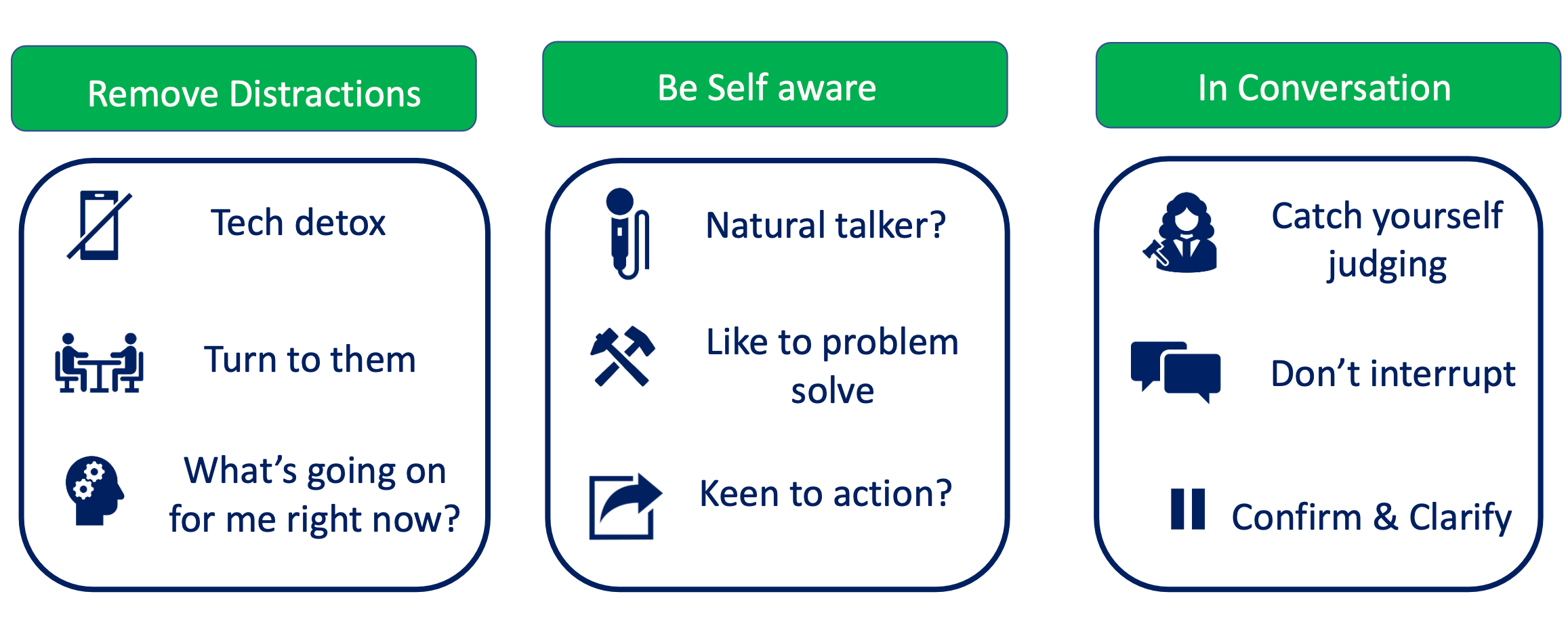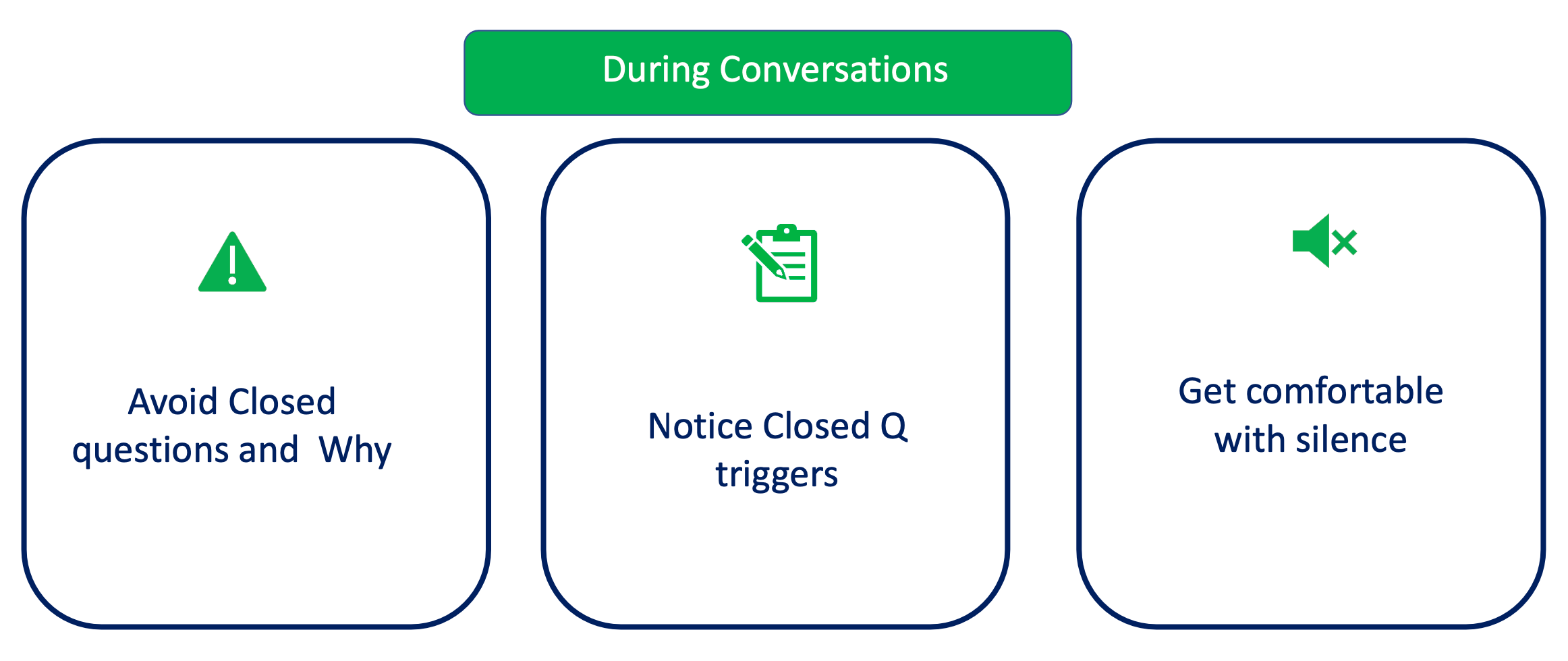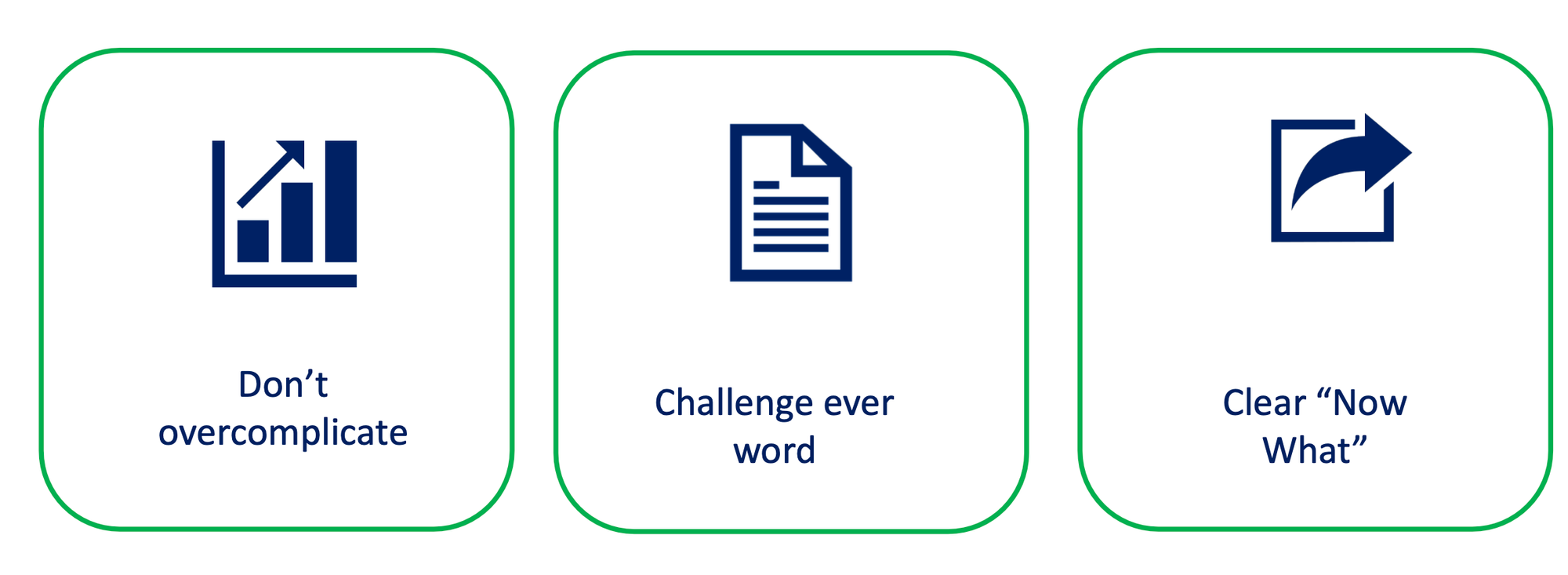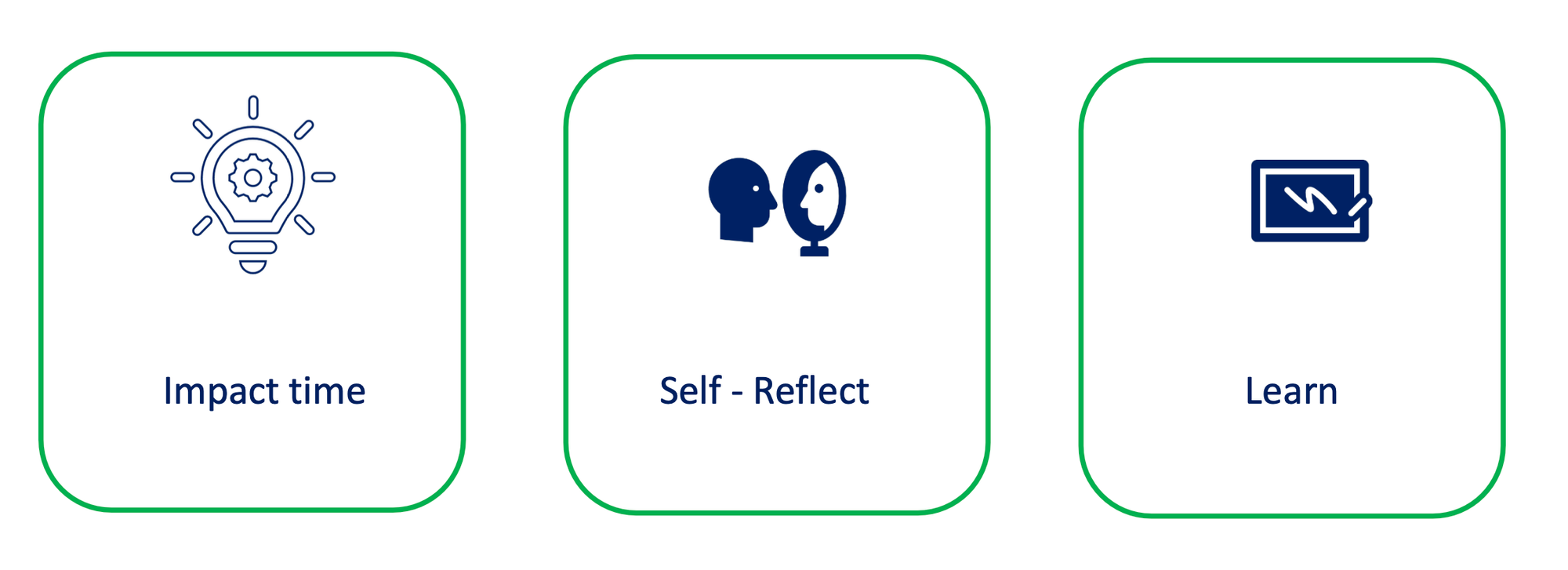Building trust is the bedrock of success for any FP&A business partner. Without it, collaboration crumbles and strategic decision-making becomes nearly impossible.
When there’s a lack of trust, business leaders often hesitate to share vital information, leading to inaccurate forecasts and analyses with blind spots.🙈
A wise man (Stephen Covey) once said, “Change moves at the speed of trust” and that still holds true today - especially when it comes to the role of an FP&A business partner.
But how can you build trust fast?
Here are the five key tips I shared at Finance Alliance's FP&A Summit to help you build trust with the right people quickly and effectively:

1. Listen deeply
At the key turning point of my career, I asked myself several questions:
- How am I showing up to listen deeply?
- How am I showing up to provoke thought and to ask important questions?
- How am I showing up to keep it simple?
- How am I showing up as a human to that business partner?
- How am I showing up to help keep myself relevant?
My answer to these questions fuelled me to transition into the trusted FP&A business partner I am today.
Of course, it took time to reach this point in my career and a piece of advice that helped me was when someone said:
“You’ve got two ears and one mouth, and you need to use them in that order.”
You might have heard similar advice yourself and for good reason. When you’re talking to someone and they’re actively listening to you, it makes you feel valued and heard. That’s why it’s so important to show others the same courtesy and remember to not just hear what they’re saying, but truly listen to them.

When you’re talking to your business partners, whether that’s the CFO, CEO, or other stakeholders, think about how you’re showing up to them. Do they feel heard? Valued? Do they feel like you care?
Active listening is so important, which means paying attention to more than the words spoken out loud.
Hit play below to hear some of the tips to help you become an active listener [from my session at the FP&A Summit].👇🏼
2. Provoke thought by asking questions
Asking open questions is often the best thing to do. Yes, there are times when closed questions work (usually when you need a direct answer), but a lot of the time, they’re unnecessary.
For example, you’ll often hear about the ‘five whys.’ As an FP&A business partner, this is completely normal as we’re curious people and often use these types of questions to get more concrete answers when we need them.
However, using the word ‘why’ can come across as being rather direct, which might be fine for a certain audience. But if you’re dealing with a mix of different personalities, you may be more successful at building trust by taking a softer approach.
It's about being more mindful of your tone and the way you say things when asking questions. For example, instead of asking something like “Why have you done that?” you can opt for “Can you tell me more about your thinking behind that decision?”
It’s a slightly different question, but you’ll still get the same answer.

Here are some more question ideas to help you challenge someone without coming across as overly direct:
- "That’s interesting, can you tell me/walk me through that?"
- "If you were to put your X hat on, how would you challenge this?"
- "What would need to be true to achieve XYZ?"
- "What would the reasons to believe in this be?"
Another suggestion I have for anyone who wants to be a successful FP&A business partner is to be comfortable with silence. I explain why in this short video:
An issue we often face in this role is getting enough feedback from others. Whether you’ve asked for input via a form or through an informal chat, it can be difficult for people to give you the feedback you need.
Instead of bombarding them with technical jargon, focus on understanding their biggest challenges. So, you might ask things like:
"If I could help you with one thing in your financial planning, what would it be?"
or...
"What kind of information would make the biggest difference in your decision-making?"
By focusing on their needs, you can provide insights that are truly valuable and that you can implement to reach your goals. This type of approach is particularly useful if you’re short of time or in need of feedback quickly.
3. Keep it simple
I used to think that the more complicated our charts looked, the better our analysis. Of course, I was later proved wrong when I learned that complicated charts are rarely beneficial to anyone outside of the finance department.

I teamed up with our HR business partner, who struggled with charts and reports. And I thought, if I can get her to understand what's happening, then the whole room will. This is a great tip if you find yourself in a similar situation.
Another tip that helped me was something I read in a book called ‘Simply Said’, and it was about removing the ‘noise of words’ in written emails and presentations, etc.
The book talked about the concept of a ‘zero word’, which are words that have little to no impact. By getting rid of those words, you can create simpler presentations that your audience understands.

4. Show how you’re human
In finance, there’s often the perception that we’re all introverted and just want to do our jobs and go home. However, we know how important it is to build connections with people and we do that by showing others we’re human.
“When I take my mask off, and I show my vulnerabilities, people start to show theirs.” - Gemma Davie, Head of Finance Business Partnering at Anglian Water (from the FP&A Summit)
In my presentation at the FP&A Summit, I shared this story (in the video below) about a time when I showed vulnerability in a leadership meeting, which helped me build trust with the team.
It wasn’t exactly something I planned to do, but I learned a valuable lesson from it about showing your human side as an FP&A business partner:
Making mistakes and showing vulnerability can help build trust with colleagues and clients. As a perfectionist (and an FP&A professional), you don’t want your numbers to be wrong. However, mistakes happen. But when they do happen, it’s important to take accountability and grow from your mistakes rather than dwell on them.
5. Sharpen your saw
I believe that if I stand still and do nothing, and everyone else is moving forward, then I'm effectively moving backwards. So, that’s why it’s important to always try to improve and take steps to stay relevant and sharp.

If you’re like me, you’ll often find that a lot of your time is taken up with meetings. My diary was so packed with meetings that I had to be a little selfish with my time.
So, I blocked time in my diary to focus on what I wanted to do with that time. For example, taking time to think creatively or strategically about a problem. Or, taking time to prepare for a meeting beforehand so I know what to cover.
Doing this is a great way to make sure you have time to get things done and to help ensure you're using your time wisely. It also frees up mental space for self-reflection.
By taking stock of your achievements, you can identify areas for improvement and celebrate your successes. This focus on both growth and progress fuels a more fulfilling and productive work experience.
[This article has been adapted from Gemma Davie's presentation "Make a difference: Top tips on how to be an impactful finance business partner" at the London FP&A Summit]
Actionable takeaways
- Evaluate your listening skills and look for ways to minimize distractions and fully focus on the speaker.
- Try some of Gemma's go-to questioning techniques like "Can you tell me more?" to encourage deeper thinking.
- Consider doing an Insights assessment or Myers-Briggs test for self-awareness.
Finance OnDemand
Discover world-class insights anytime with our OnDemand presentation recordings.
Access all of our event recordings and binge-watch your favorite speakers whenever and wherever you like!
Find out more about how to access our OnDemand footage and other resources, tools, templates, and more here.


